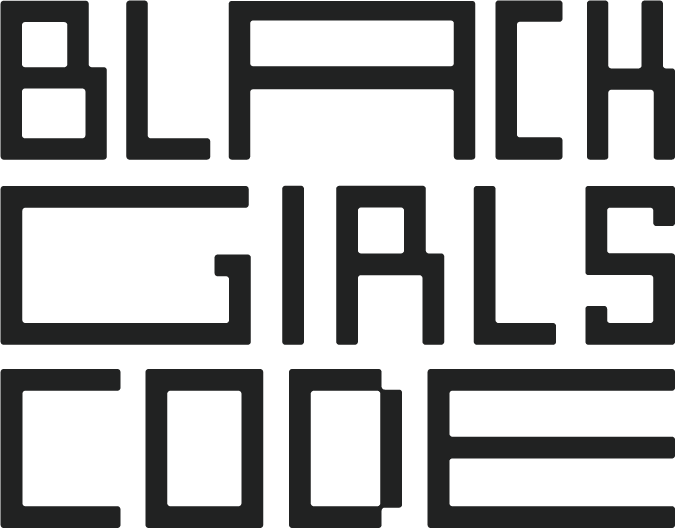NPower creates pathways to economic prosperity by launching digital careers for military veterans and young adults from underserved communities. NPower operates in New York, Texas, California, Maryland, New Jersey, Missouri, Michigan and Toronto, Canada. Through an intensive 4 month training program and paid internships, NPower works to provide real-life technological and digital skills to its over 1200 annual participants.
Year Up works to close the Opportunity Divide by ensuring that young adults gain the skills, experience, and support that will empower them to reach their potential through careers and higher education. With locations across the US and 250+ corporate partners, Year Up provides young adults with technical & professional skills training followed by real-world work experience at a corporate internship. Over 30,000 students have participated in Year Up, with 90% of graduates employed or in school within 4 months of completing the program.
SMASH empowers its scholars (9th grade students) to be agents of change through a long term (3 year) project-based learning program to critically analyze problems facing their communities and create STEM based solutions utilizing a design thinking framework. With over 1300+ young people served to date, SMASH aims to eliminate the barriers facing Black, Latinx, and Native American students who have the desire to enter STEM and computing professions, while also broadening the economic opportunities of underrepresented communities of color.
Black Girls CODE introduces computer coding lessons to young girls from underrepresented communities in programming languages. Black Girls CODE provides virtual coding workshops, mentorships, after-school, and summer programs that aim to bridge the digital divide and to build the self-confidence that comes from understanding the greatest tools of the 21st century across 15 cities in the US and South Africa. Black Girls CODE’s goal is to provide African-American youth with the skills to occupy some of the 1.4 million computing job openings expected to be available in the U.S. by 2020, and to train 1 million girls by 2040.




